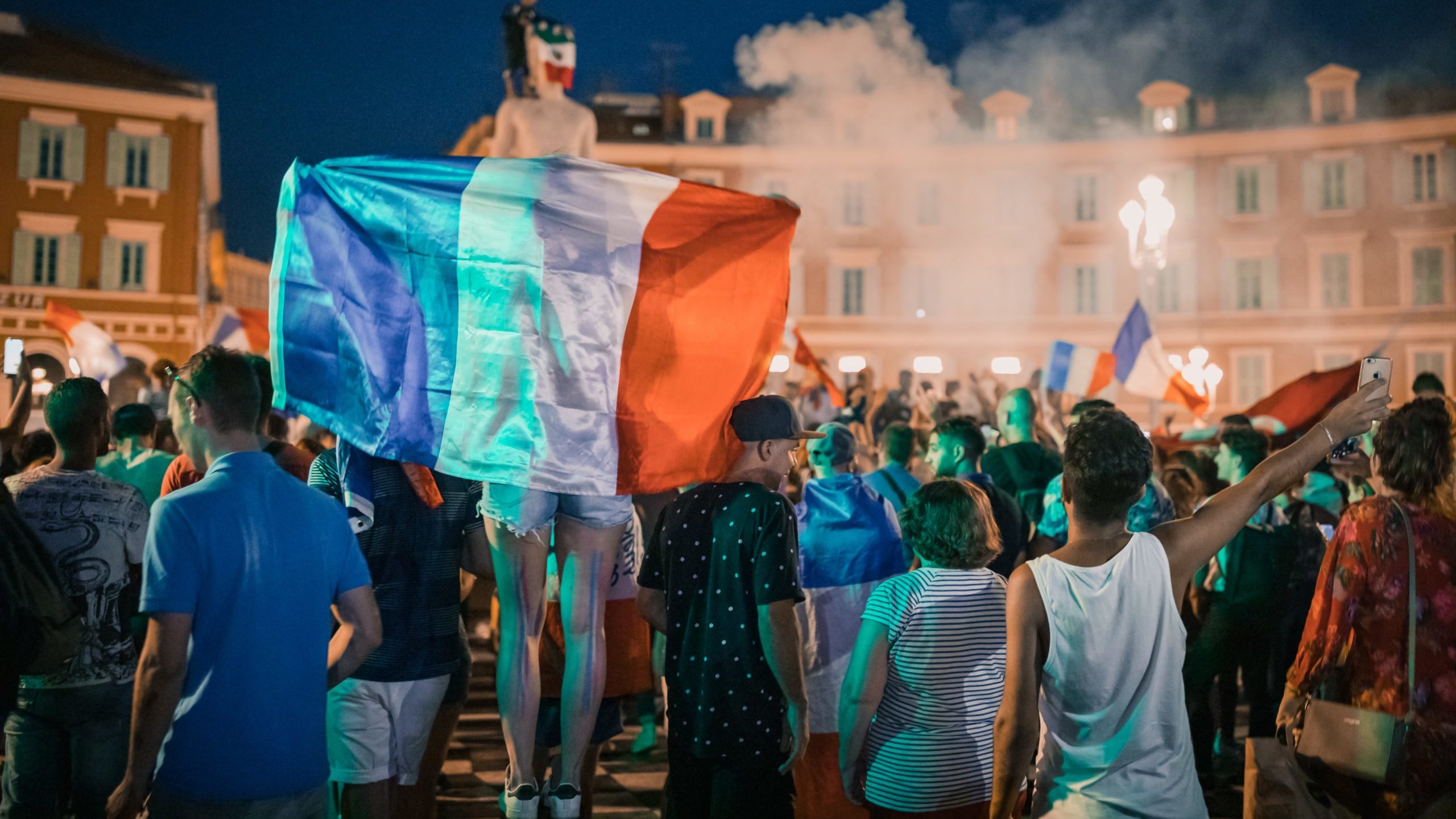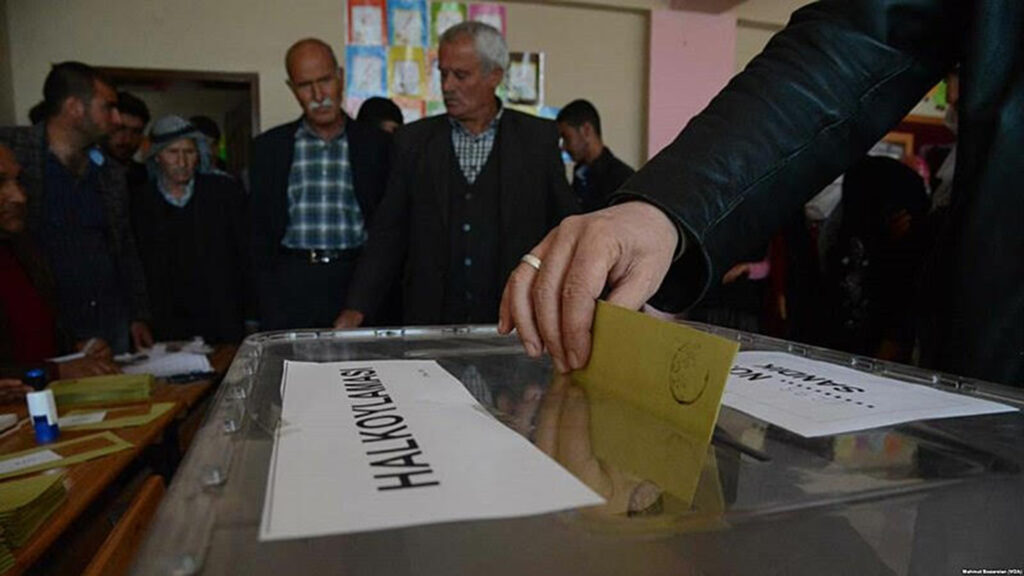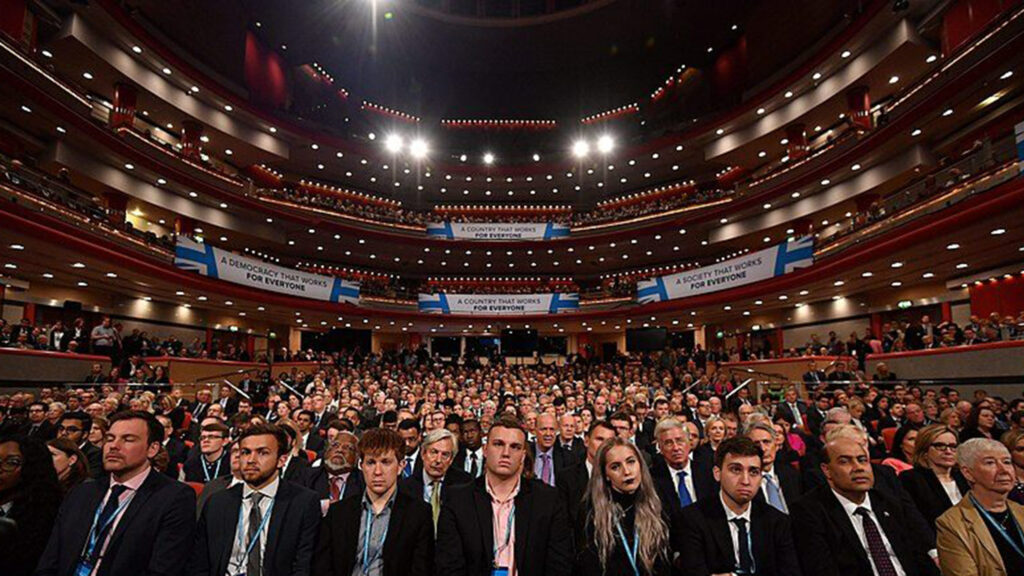The old Front National
The Front National (FN) was one of the first successful right-wing nationalist parties in western Europe to distance itself from neo-fascist groups in the second half of the 20th century. Inspired by emerging ideas such as those of the Nouvelle Droite, Jean-Marie Le Pen unloaded much of the Vichy baggage that was carried by French nationalist groups.
By the turn of the century, the FN had secured several encouraging electoral results at local, national and European elections, and in 2002 Jean-Marie Le Pen became the first far-right leader to reach the second round of a presidential election in France, which he lost badly, securing just 16% of the vote. At this stage, many in France, and even on the right, still perceived Jean-Marie Le Pen and the FN as wolves dressed in sheep’s clothing. Jean-Marie Le Pen’s openly racist comments and extreme views were appealing to some but appalling to most.
Marine Le Pen
Since his daughter, Marine Le Pen, assumed the leadership, the FN has been (gradually) transformed into a television friendly, modern, right-wing nationalist party. Le Pen distanced herself from her fathers’ blatantly racist views and even expelled him from the party due to his repeated claims that Nazi gas chambers were but a detail of history. The younger Le Pen has been much more successful in balancing her party’s radical policies with a more measured discourse, and this strategy has allowed her to flirt with the electoral centre, thus persuading more median voters. This approach has influenced the style of her politics and (to a lesser extent) the substance of her policies.
In the previous presidential election (2017), Le Pen mixed her protectionist economic preferences with the vision of a comprehensive (exclusivist) welfare state made for French workers. This was complemented by her stringent views on multiculturalism, globalisation, security, the European Union and immigration. Le Pen also created an image for herself as a strong leader, speaking directly to the French people through a popular rhetoric that contrasts with mainstream political jargon. Offering this political recipe, she persuaded a large portion of the electorate to vote for her party, qualifying for the second round where she lost to Emmanuel Macron.
Although some predicted that the successes of Brexit and Trump would echo in France, Le Pen still lost by a significant margin of almost 2:1, a loss that brought her back to the drawing board.
Rassemblement National - a new era
The last five years saw even larger transformations in terms of the party’s image-making strategies. Emblematic here was the rebranding of the party’s name and logo. It was renamed Rassemblement National (RN) (National Rally). ‘Rally’ being perceived as a less militant name, whilst a new logo placed its traditional flames inside a partially closed circle to signify new openness. In addition, Le Pen has increasingly sought to embody the people, often dressing casually in order to appeal to voters in a maternal fashion whilst highlighting her status as a single mother.
Le Pen learned in 2017 that in order to succeed in a second round of a presidential election, she must “neutralise the nation’s fear of her”. Since 2017, she has done an impressive job at positioning herself as a more electable right-wing contender. During a debate, Le Pen, an advocate for a ban on the public wearing of headscarves, was criticised by her far-right competitor, Éric Zemmour, for posing for pictures with a girl wearing one. She replied: “What would you have done? Pulled her veil off and mistreated her?”.
Her response portrayed her as more moderate and measured than Zemmour, thus distancing herself from the far-right and successfully nourishing her longer term strategy.
New strategy, same objectives?
It is notable that Le Pen has also spruced up her programme with a few policy changes, many of which can be seen as an attempt to capture the winds of public opinion. Formerly an advocate of a ‘Frexit’, Le Pen moved to accommodate the view that the EU could act as a force for good if the sovereignty of nations is prioritised, and now champions the idea of a Europe of free and independent nations.
However, despite her efforts to camouflage it, the manifesto presented by the RN still paints a radical picture for the future of France under a Le Pen presidency. It proposes to prioritise the rights of French natives over non-natives in accessing services such as housing, benefits, jobs, and health services. It also vows to scrap nationality rights for children born and raised in France by foreign parents. In addition, Le Pen has claimed that if elected she plans to hold a referendum on reintroducing the death penalty in France.
In her discourse and campaigning behaviour Le Pen has traded big rallies for small appearances, and substituted much of her focus on immigration and Islamic terrorism for topics such as the economy and the cost of living crisis. She has also succeeded in sewing seeds of mistrust in the establishment, portraying Emmanuel Macron as a destabilising force in French politics. Indeed, after coming second in the first round with 23.2% of the vote, recent polls have suggested that in the run-off even more people (19%) could vote to stop Macron than to stop Le Pen (18%) and most polls have predicted a much more competitive second round this year, when compared to 2017.
The appetite of the French electorate to revolt against sitting leaders could possibly help catapult Le Pen to the Elysée, but credit should be given to the strategies deployed by Le Pen and the RN to detoxify their image, and position themselves as the only right-wing alternative to Macron’s centrism.











